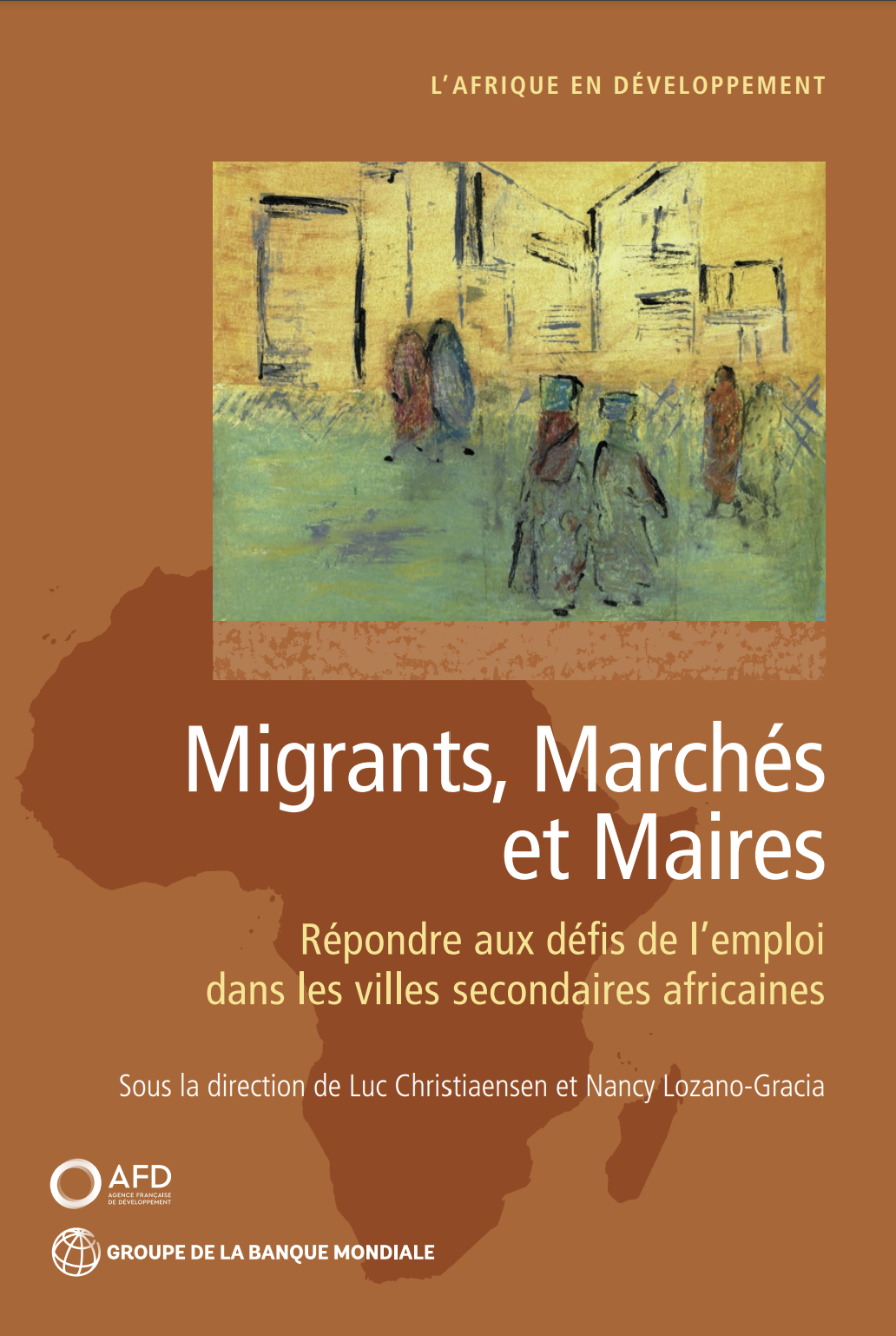This study is part of the CA programme “Improving gender-mainstreaming within local public policies” in the cities of Béja and Médenine, in partnership with Aswat Nissa and Heinrich-Böll Stiftung.
This study is part of the CA programme “Improving gender-mainstreaming within local public policies” in the cities of Béja and Médenine, in partnership with Aswat Nissa and Heinrich-Böll Stiftung. It analyzes the process of gender mainstreaming in local policies by presenting the results of two surveys conducted among citizens and local elected officials in both cities and identifying measures to reduce gender disparities within the city of Médenine and Béja.
Highlights
Médenine
- Division of labor: Women are monopolized by household tasks, up to 55.53%, and have little free time.
- Freedom of movement: 76.7% of women respondents need authorization from a man to carry out trips outside the home.
- Equal pay: the pay gap between women and men oscillates between 20% and 41% in formal and informal sectors.
- Domestic violence: 5.2% of women and 14% of men find that a man is entitled to use domestic violence.
- According to all the elected officials interviewed, the municipal development plan does not integrate the gender approach and does not present data disaggregated by sex.
Béja
- 53.5% of women say they have experienced some form of violence in public space.
- Head of the household: Regardless of the level of education, more men (85.84%) occupy this role in the family compared to women (14.16%).
- Domestic violence: 57% of women respondents are said to be the victims of domestic violence.
- Women on the city council are allowed to participate but they rarely make decisions.
- Women face significant challenges in accessing credit due to the lack of collateral and the lack of financial education and information about the financial system.


